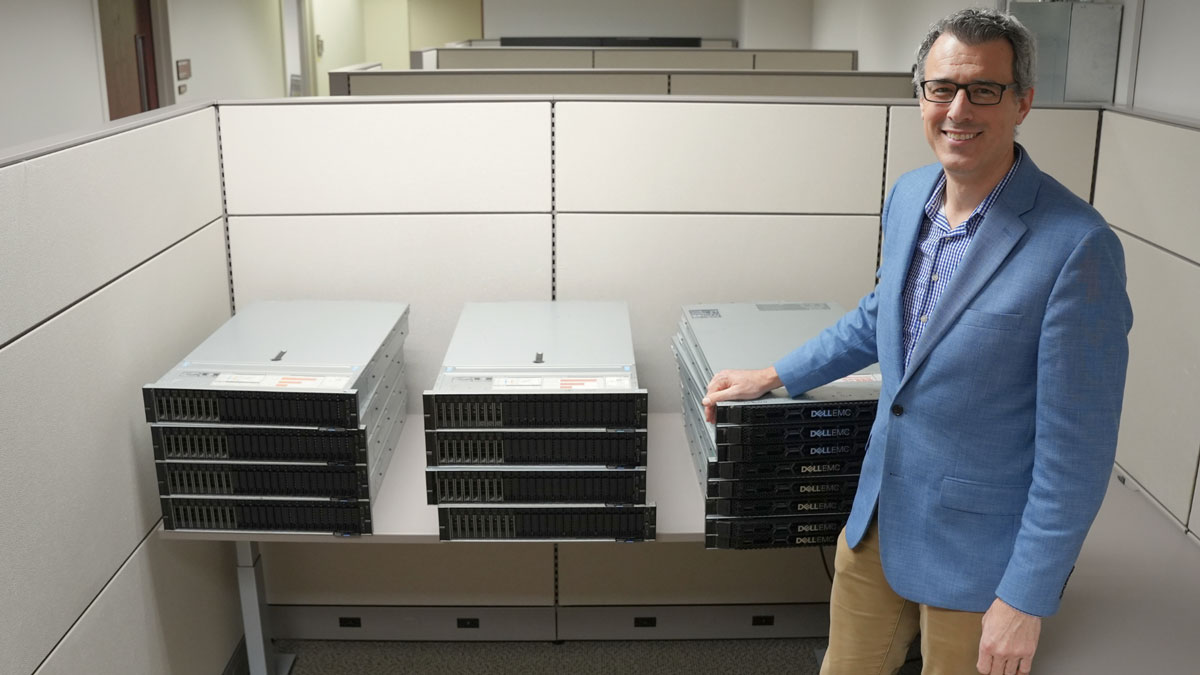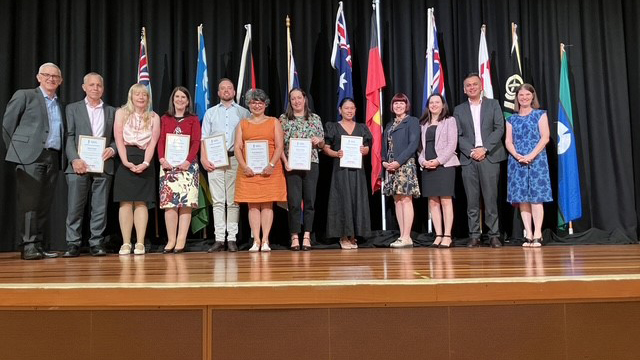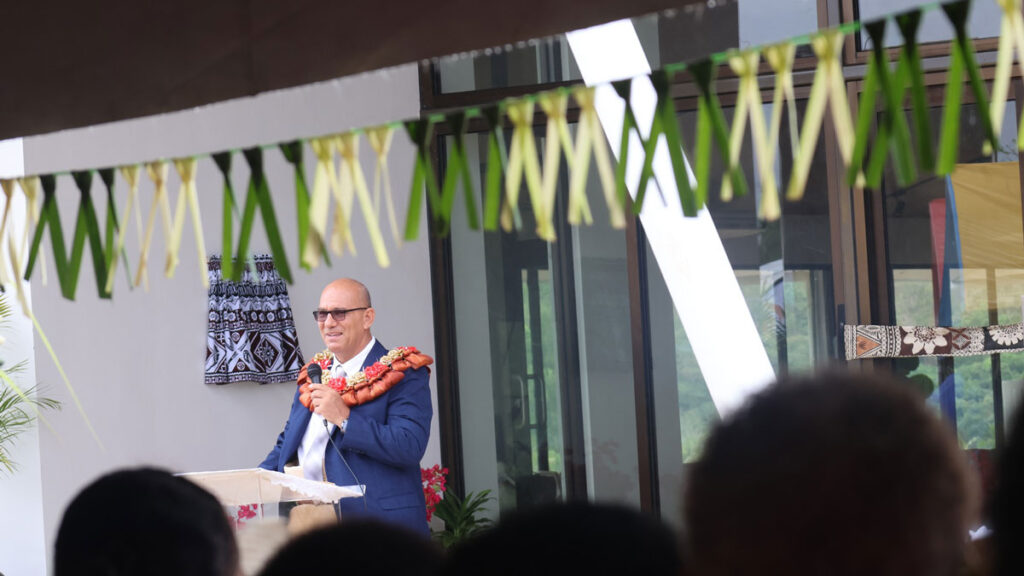Members of the South Pacific Division (SPD) are playing a critical role in advancing Hope Channel International’s (HCI) mission through an exciting milestone. Two new servers will soon be hosted in SPD’s territory, furthering the reach and reliability of HCI’s globally distributed, Adventist-owned digital content delivery network.
The first server will be hosted at the South Pacific Division headquarters in their enterprise-class data center. Dean Tichborne, IT operations and infrastructure manager for SPD, and Ben Thomas, director of IT for SPD, have been instrumental in bringing this project to life.
“In these last days, as we work to fulfil the Great Commission, the worldwide church recognises the growing need for collaboration and efficiency in our efforts,” said Dean Tichborne. “Hosting this server in our region is not just about technology—it’s about being part of a new, unified approach to spreading the good news. Together, we are embracing innovative ways to work more collaboratively, ensuring the message of hope reaches the South Pacific as well as every corner of the globe.”
The second server will be hosted at the Hope Channel Oceania headquarters near Sydney, Australia. Dr Brad Kemp, Adventist Media CEO and director of Hope Channel Oceania, has graciously agreed to host this server, which is strategically positioned to provide excellent coverage for Sydney’s major population center, eastern Australia, New Zealand and the broader Oceania region.
Together, these two servers provide crucial redundancy, meaning that if one server experiences technical difficulties or interruptions, the other can continue to deliver programming without disruption, ensuring that viewers across the region can count on fast and uninterrupted access to Hope Channel’s Christ-centred content.
How SPD Members Are Part of This Mission
These servers will support Jetstream Studio, the digital media management platform created by Hope Channel International that enables more than 80 Hope Channels worldwide to create, translate, and share Christ-centered content in more than 100 languages.
By hosting this infrastructure, SPD is ensuring fast and reliable access to live programming and on-demand streaming through Hope Channel platforms for viewers in Australia, New Zealand, and Oceania.
From the selection of enterprise-grade hardware to the creation of automated deployment systems, every technical choice in this initiative has been thoughtfully designed to ensure reliability and resilience. For a deeper look at the innovative infrastructure behind this milestone, read technical insights from Justin Woods, senior director of technology at Hope Channel International.
A Shared Vision
“This collaboration showcases the dedication of Adventists in the South Pacific Division to advancing the mission,” said Vyacheslav Demyan, president of Hope Channel International. “Their willingness to support this initiative ensures that the message of eternal hope continues to transform lives in the Oceania region and beyond.”
This initiative is also a vital step in achieving Hope Channel International’s vision of reaching one billion people with the message of eternal hope by 2030. Through their efforts, SPD members are helping to build a stronger foundation for sharing hope around the world.
About Hope Channel International
Hope Channel International is a Seventh-day Adventist global media evangelism network that aims to connect every heart globally with eternal hope through media that inspires. Hope Channel produces and distributes content in 100+ languages in more than 80 countries around the world, with each locally operated channel creating tailored messages to meet the spiritual needs of their communities.






